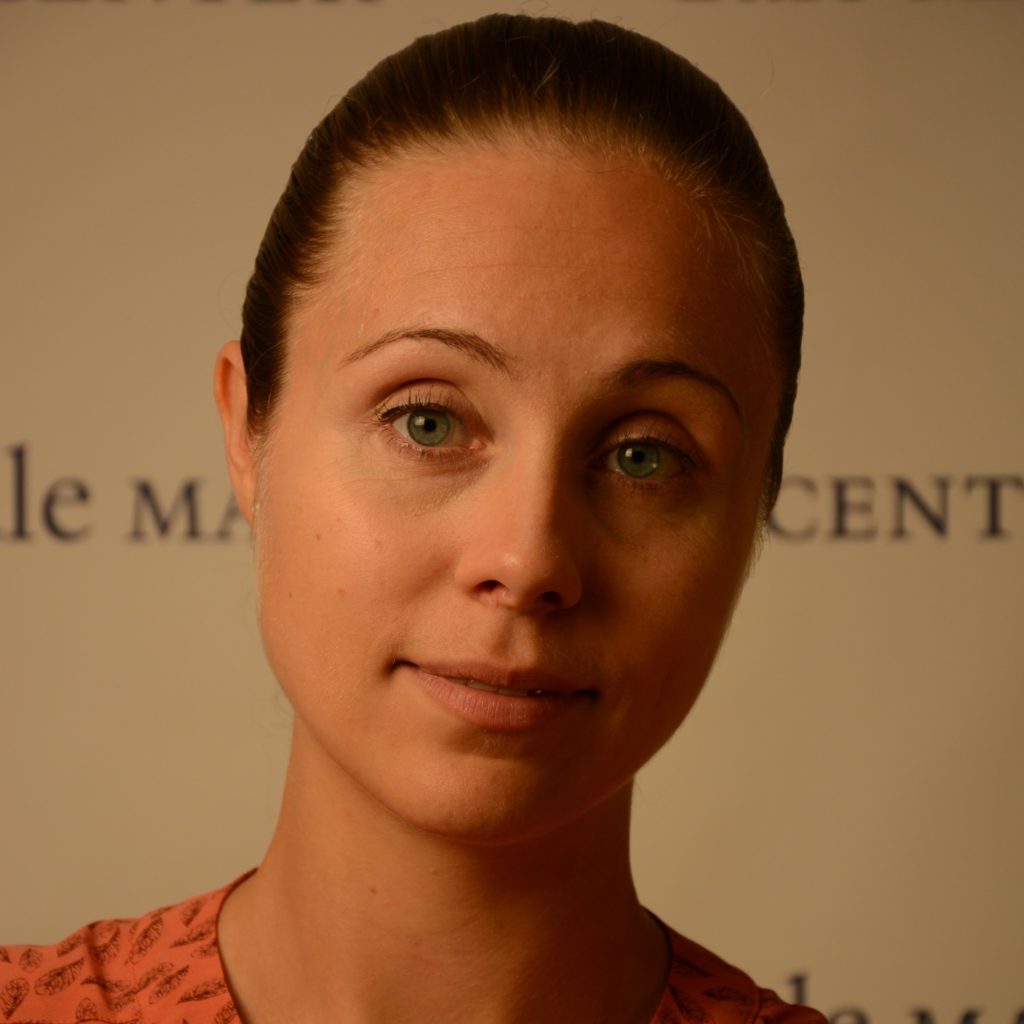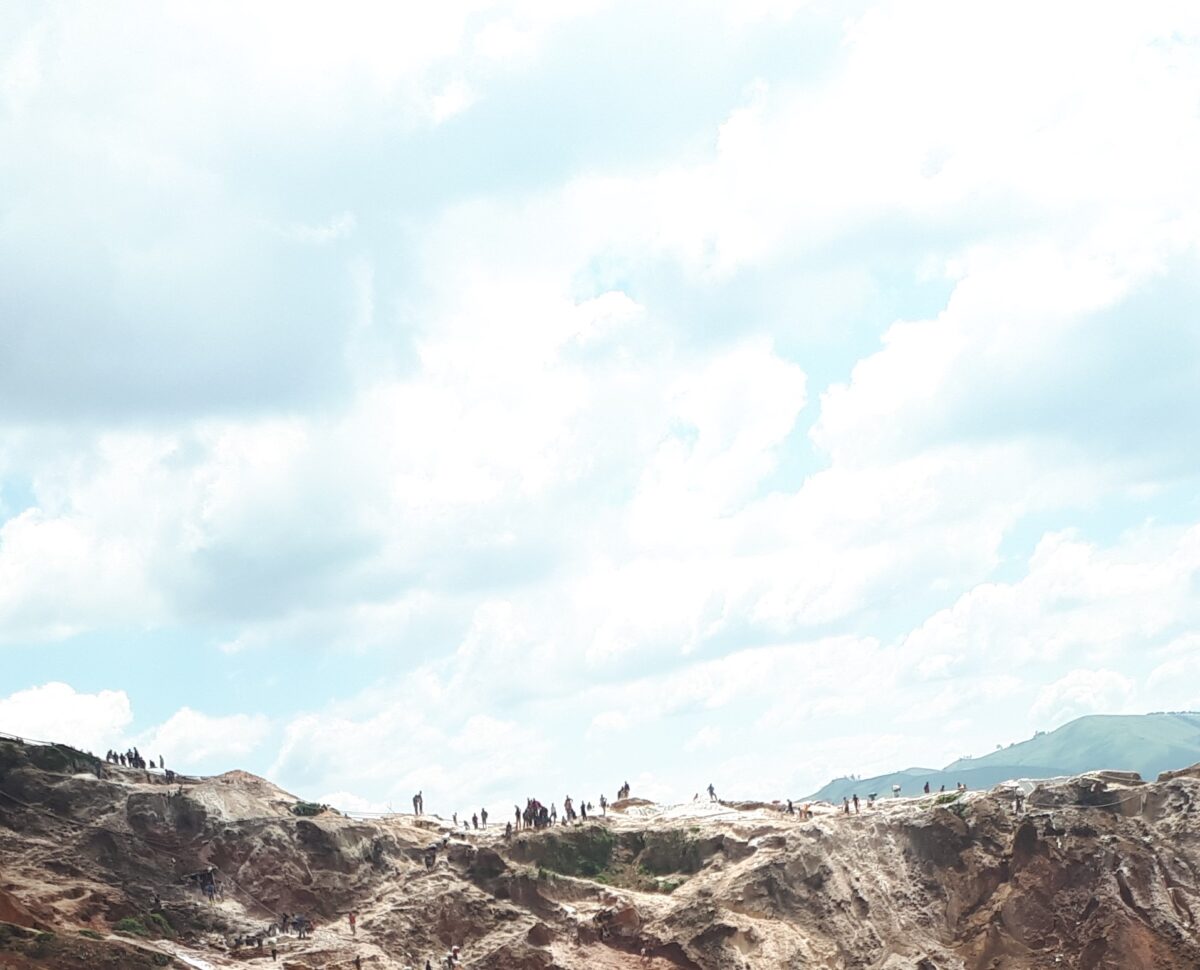
Anastasia Shesterinina
The 2023-2024 Civil War Paths Seminar Series came to an end this week and it is time to reflect on another year of research, collaboration, and community building at the Centre for the Comparative Study of Civil War. After a high-paced period of the establishment of the Centre with the Fellowship Scheme and Advisory Board, recruitment of the research team, and development of the theoretical framework and research design of the project in Year One (2021) and completion of most of our fieldwork in Colombia, Lebanon, Nepal, and South Sudan and dissemination of early findings in Year Two (2022), we entered a slower period of analysis and consolidation of networks beyond academia over the last year. We also celebrated the success of our team member Dr Hanna Ketola who commenced a Lectureship in the Politics of Gender at Newcastle University. Congratulations, Hanna!
Research Contributions
The research team made a number of contributions on the complexities of civil war during this year. The lens of civil war as a social process has helped better understand the contingency of wartime humanitarian activities in general and health care provision in particular. We have demonstrated that fundamentally different dynamics of conflict shape armed group origins in the context of broad-based mobilisation, peripheral challenges to the state, and intra-regime fragmentation, finalising our comparative framework and case mapping that we have worked on since the start of the project. Our relational approach has informed wartime and post-war dynamics in contexts as diverse as Nepal and Georgia/Abkhazia and we have highlighted the legacies of late Lee Ann Fujii for the development of this approach. Finally, postdoctoral researchers have continued to publish their substantive and methodological insights from doctoral research, particularly on Sierra Leone and Syria. We have also presented a host of works-in-progress and invite our readers to stay tuned for updates as we are analysing our field materials, including in preparation for our co-authored book project.
Fieldwork Challenges
This research has not been without its challenges. As FCDO travel advice for South Sudan—one of the research contexts on the project—has remained “against all travel” since the beginning of the latest cycle of armed conflict in Sudan, we have worked to adapt to these circumstances while prioritising the safety of our research team and interlocutors. To support the development of alternative plans, some of our researchers participated in the flagship Summer Program on field methods and ethics of the Advancing Research on Conflict (ARC) Consortium. We hope to put these plans in action in Year Four of the project (2024).
Collaboration and Community Building
As ever, over the last year, we benefited greatly from collaboration with the community of scholars and practitioners who are part of our network. Our Seminar Series “Between Scholarship and Practice” has started drawing links between the themes that we have explored in our research and those relevant for policy, art, and different forms of activism. Véronique Dudouet and Marie-Joëlle Zahar highlighted the dangers of using labels and frameworks that misrepresent complex realities of actors and processes in the work across academia and international organisations in the field of conflict and peace. Ram Kumar Bhandari and Henry Redwood drew on their experiences in activism and research to shift the conversation on transitional justice from a site of marginalisation to that of agency, particularly through the use of arts. Choman Hardi and Francesca M. Romeo reflected on the importance of solidarity across contexts of political violence for reimagining possibilities for resistance. And Rabie Barakat and Kyle Johnson shared unique challenges of journalism and conflict analysis in these contexts. We kicked off this year with a seminar on Jillian Schwedler’s book Protesting Jordan: Geographies of Power and Dissent that framed these discussions with a call to challenge conventional narratives through attention to ethnographic insights and spatial imaginaries. These themes were also reflected in the Annual Civil War Paths Conference, which showcased 14 projects of the Fellows of the Centre across five panels on intersecting dynamics of conflict. These panels brought to bear a deeply relational understanding of wartime and post-war dynamics that invites recognition of a myriad of social actors and their evolving relationships over time. Building on the vibrant dialogue between our Fellows in the Civil War Paths Blog Series on “Sustaining Peace,” Fellows have contributed to the new Blog Series “Building Bridges,” covering a wide range of topics from structure and agency in conflict and peace studies to civilian protection challenges to familial loyalties in armed organisations that further advance our understanding of connections between scholarship and practice in these areas. We will continue this discussion in 2024, which will culminate in the annual conference with presentations.

